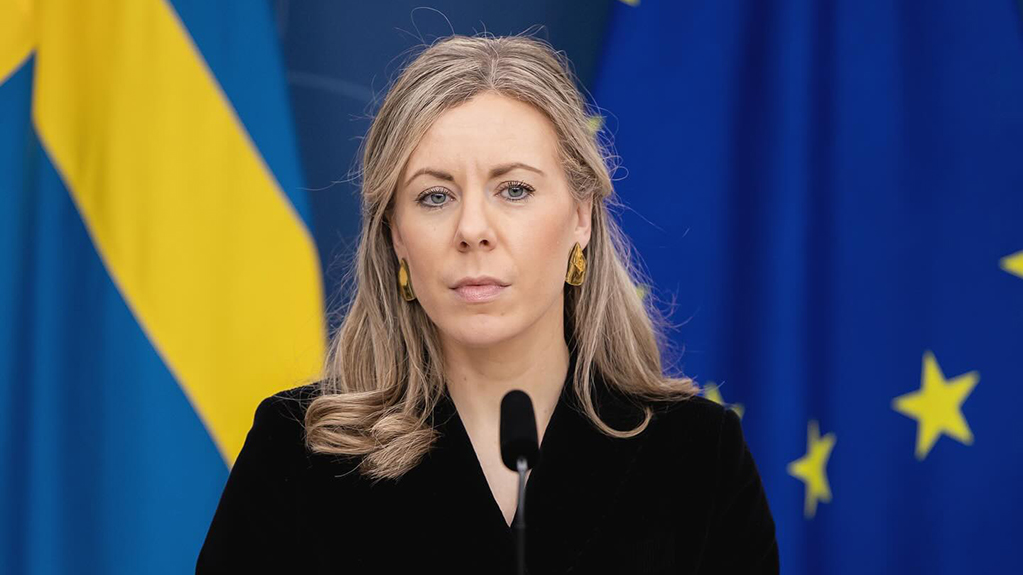Swedish Minister for EU Affairs Jessica Rosenkrantz referred to the Georgian Dream government as a regime and stated that it is the one closing the door to the European Union.
News
Trending stories
- 1 Former Prime Minister Garibashvili Sentenced to Five Years in Prison After Plea Deal
- 2 Otar Partskhaladze Charged with Organizing Murder of Businessman Levan Jangveladze
- 3 Shalva Papuashvili Says Georgian Dream Filed Complaint with BBC
- 4 Georgian Dream Party Further Tightens Grants Law, Introducing Up to 6 Years in Prison
Rosencrantz made the comments to the media ahead of the EU General Affairs Council meeting. She expressed concern about the situation in Georgia and voiced support for imposing sanctions against the regime.
“I am very concerned about the situation in Georgia. I believe that the Georgian people and Georgia as a country belong in Europe. But it’s very clear that their regime is working in the opposite direction and I fully support sanctions and other measures that can be taken against the regime.
I am truly convinced that it’s not the Georgian people that we want to create distance to, but rather the regime that has now decided not to pursue the EU ambitions and I regret that. I think it’s important to show our unanimous support for the Georgian people and its strive towards EU membership.
It is important to say that it’s not the EU which is closing any doors. It’s the regime at the moment,” said Jessica Rosencrantz.
Rosencrantz noted that the suspension of the visa-free regime for holders of diplomatic passports would be an important signal.
On December 16, the EU Foreign Affairs Council discussed recent developments in Georgia and agreed on the need to suspend the visa-free regime for holders of diplomatic passports. The European Commission will present this proposal later this year. As Kaja Kallas, the EU High Representative for Foreign Affairs and Security Policy, stated, the EU will continue to stand by the Georgian people, including by redirecting funding from the Georgian government to civil society and independent media.
After the Foreign Affairs Council meeting, Hungarian Foreign Minister Péter Szijjártó said that he, along with his Slovak counterpart, had vetoed the inclusion of some senior Georgian police officials on the sanctions list. According to the illegitimate Prime Minister of Georgia, Irakli Kobakhidze, in addition to Hungary and Slovakia, Italy, Spain, and Romania also “went against the sanctions.”















